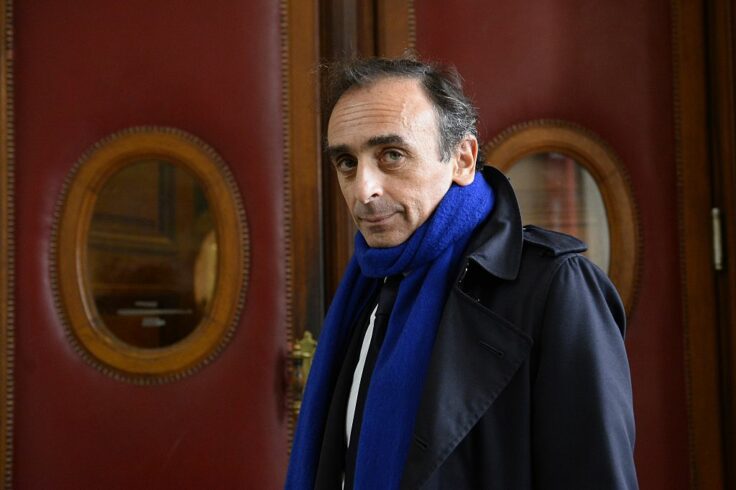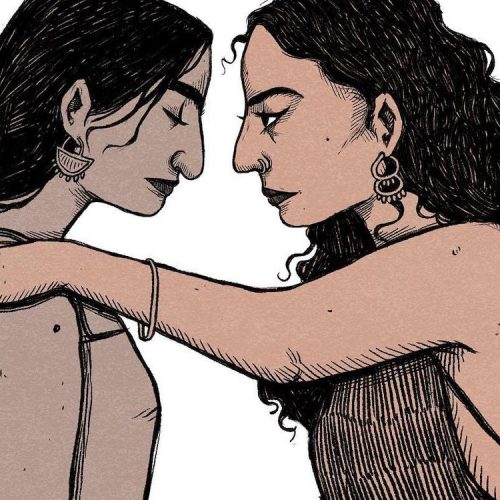Last week on primetime television, French-Algerian far-right writer and polemicist Eric Zemmour expressed the will to ban the use of the name Mohamed if he were to become president. Rather eager to make a name for himself ahead of 2022 elections, Zemmour, who was once described by the New York Times as “France’s best-known professional provocateur” is seemingly more than ready to materialise his ideas and thoughts into laws and bills protected by the constitution.
“I want to [become a candidate] because I think that France is in a lamentable state, that the France I love, and that I loved, is disappearing, and I don’t want that to happen,” he said in a speech that night on France 2.
His latest eureka? “Calling your child Mohamed is like colonising France,” he claims. Zemmour intends on “reinstating the law of 1803”, initially established by Bonaparte, that claims that only names that can be found in calendars or that refer to major figures of history will be allowed in the country. The law was in place until its repeal in 1993, and Eric Zemmour has made his message loud and clear and would like to reestablish this bill for his own sake. However, he has also claimed that the denomination “would be tolerated as a second name”.
Far from being at its first attempt, France’s regular racist and xenophobic outbursts have slowly become the new norm with controversies targeting Black, Arab and Muslim communities repeatedly making the country’s (and sometimes even international) headlines while deepening the suffering of the above-mentioned segments of society.
Also Read: France Bans Hijab for Muslim Women Under 18, Here’s What They Have to Say










